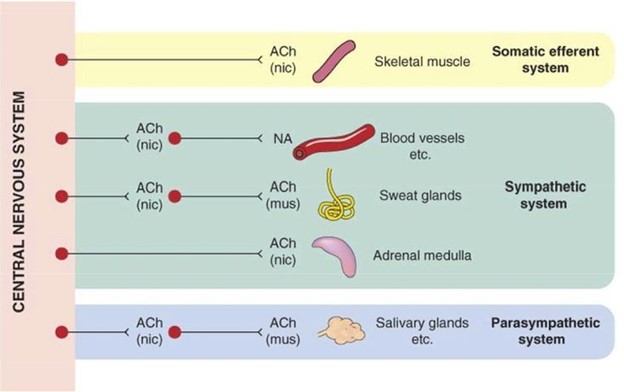A 26-year-old female is brought to the emergency department while having an asthma attack. She is given a nebulizer treatment with the medication albuterol. The nurse's immediate assessment priority would be to
Determine the time of the patient's last meal.
Monitor the patient's temperature and blood pressure.
Monitor respiratory rate and Spo2 with a pulse oximeter.
Provide education on asthma management and treatment.
The Correct Answer is C
During an asthma attack, the primary concern is the patient's ability to breathe and maintain adequate oxygenation. Monitoring the patient's respiratory rate and oxygen saturation (SpO2) with a pulse oximeter provides crucial information about the effectiveness of the albuterol treatment and the patient's respiratory status. It helps determine if the airway is opening up, if oxygen levels are improving, and if the patient is responding positively to the medication.
While determining the time of the patient's last meal can be relevant for certain interventions, it is not the immediate priority during an asthma attack. It is more important to focus on assessing and managing the patient's breathing and oxygenation first.
Monitoring the patient's temperature and blood pressure can be important for a comprehensive assessment, but they are not the immediate priority during an acute asthma attack. Addressing the patient's respiratory distress takes precedence.
Providing education on asthma management and treatment is an important aspect of care, but it should be done after the patient's acute symptoms are addressed and stabilized. In the immediate assessment phase, the focus is on assessing and managing the patient's respiratory status. Education can be provided once the patient's immediate needs are addressed.
Nursing Test Bank
Naxlex Comprehensive Predictor Exams
Related Questions
Correct Answer is B
Explanation
The nurse will tell the patient that second-generation antihistamines are generally considered safer than first-generation antihistamines during pregnancy. While the safety of medications during pregnancy is a complex topic and individualized recommendations should be obtained from a healthcare provider, second-generation antihistamines such as loratadine (Claritin) and cetirizine (Zyrtec) are often preferred over first-generation antihistamines like diphenhydramine (Benadryl) due to their lower potential for sedation and other side effects. However, it is still important for the patient to consult with her healthcare provider for personalized advice on medication use during pregnancy.
Correct Answer is B
Explanation
The Parasympathetic Nervous System utilizes the neurotransmitter acetylcholine. Acetylcholine is released by the postganglionic neurons of the parasympathetic nervous system and acts on target organs and tissues to elicit parasympathetic responses. It plays a crucial role in regulating various bodily functions, including digestion, heart rate, respiratory rate, and other rest and digestion activities.

Whether you are a student looking to ace your exams or a practicing nurse seeking to enhance your expertise , our nursing education contents will empower you with the confidence and competence to make a difference in the lives of patients and become a respected leader in the healthcare field.
Visit Naxlex, invest in your future and unlock endless possibilities with our unparalleled nursing education contents today
Report Wrong Answer on the Current Question
Do you disagree with the answer? If yes, what is your expected answer? Explain.
Kindly be descriptive with the issue you are facing.
